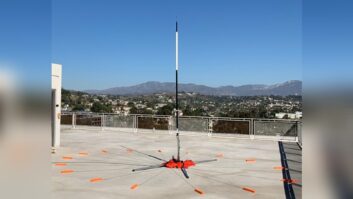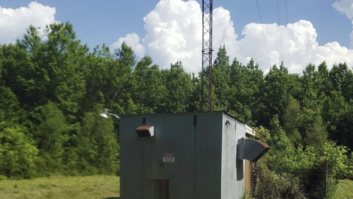WASHINGTON — On May 1 the FCC issued a Declaratory Ruling that approved the 100% acquisition of a company that owns two radio stations in California and Arizona by two Mexican citizens.
The stations are KQMX(FM) in Lost Hills, Calif., and KRPH(FM) in Morristown, Ariz.
Right now these same citizens (Grupo Multimedia LLC) have a 25% interest in the parent company of the licensee (Deportes y Musica Comunicaciones LLC) and until a few years ago would have been limited to that.
However, several years ago, as David Oxenford writes in a recent broadcastlawblog, the FCC decided to permit, on a case-by-case basis, greater foreign ownership of U.S. broadcast station owners. The commission also issued guidance on how public U.S. companies can track their foreign ownership.
[Read more about past alien ownership decisions.]
Through the May 1 decision approving the 100% ownership of the radio company, and with another circumstance last year when they approved 100% ownership of broadcast stations in Alaska and Texas by Australian citizens, the commission has demonstrated that it is serious about, in the right circumstances, approving foreign ownership of U.S. broadcast stations.
Foreign ownership does not come without limits though.
“Any foreign owner seeking to acquire a substantial stake in a US broadcast station must be reviewed by various Executive Branch agencies to insure that there are no perceived security risks raised by the proposed acquisition,” Oxenford writes. “The FCC has to do its own review as well. And, once approved, the foreign owner must report on any changes in its ownership so that new interest holders can go through the same approval process.”
This set of decisions show that the FCC is indeed open to non-U.S. investors acquiring broadcast properties. Ultimately this means that the market for radio properties is open to many new potential buyers.











